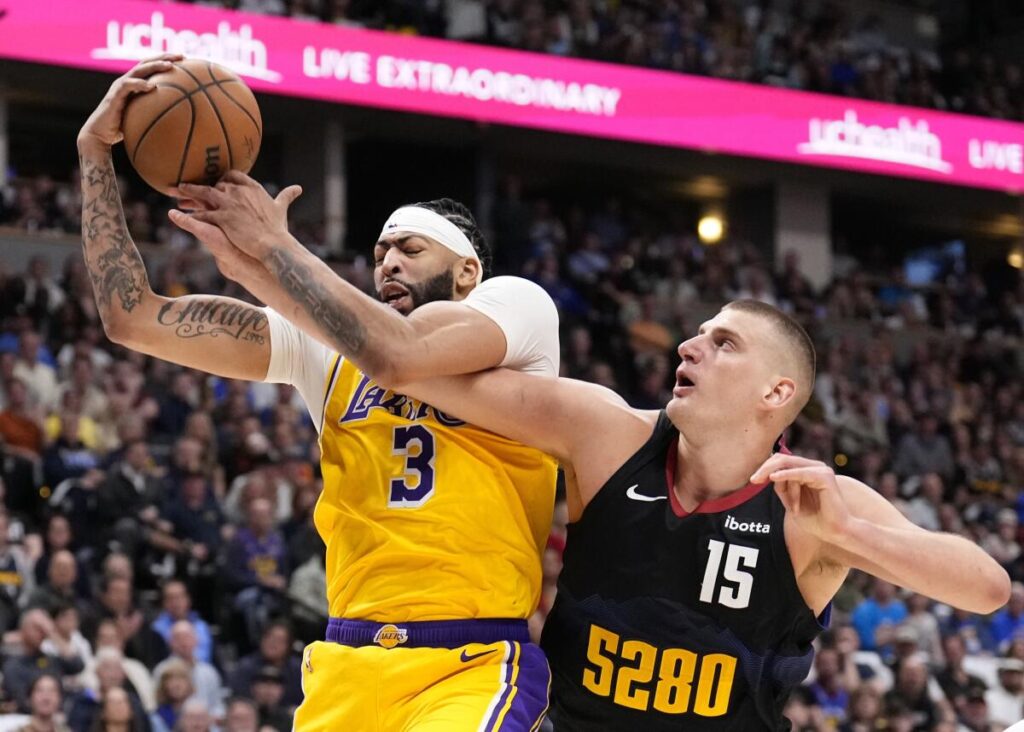The price of disloyalty: why it should never always be just about the money when it comes to rights
August 5, 2024
Ian Whittaker, Twice City AM Analyst of the Year pens down the nuances of buying rights in the sporting ecosystem.
One of my favourites themes when I present my views to clients on the major macroeconomic trends that are shaping the world is to talk about how we now at the end of the c. 40-50 year dominance of what I call the Reagan-Thatcher consensus, which promoted a range of ideas such as globalisation, de-regulation and a move away from government intervention. One of the other major intellectual tenets of that consensus was the idea of ‘Homo Econimus’ namely that individuals act in an economically rational way, ignoring the effects of emotions and other ‘non-rational’ calculations when they come to decisions.
It is a theory that is increasingly being disproved and, when it comes to sports rights, we have had two decisions recently that have hurt organisations who eschewed loyalty and, ultimately, are paying the price, one case regarding the rights’ owners, the other a major platform. The first instance is the situation with the French Ligue 1 rights where the LFP has had to accept a significantly lower rights deal from DAZN and BeIn than it wanted due to the reported risk of French clubs going bankrupt if no deal was signed. The second regards the upcoming legal fight between Warner Bros Discovery and the NBA over the latter’s sale of rights to Amazon.
As in most cases, a knowledge of history often helps to explain the situation. First, France. Back in 2018, the LFP ditched its long-standing sports rights agreement with Canal+ and signed a deal with Spanish-based rights firm MediaPro for E3.3bn for the rights. When that deal collapsed in 2020, Amazon stepped in to buy the rights at a cut price while angered Canal+, which believed (fairly) it was now overpaying for the rights it had bought. .
The attitude of the LFP at the time was a clear “that’s tough” line when it came to Canal+. There was clearly a view that Amazon stepping in to pick up the MediaPro rights heralded a potential golden age of competitive bidding for its rights, which meant it did not have to rely on ‘dinosaurs’ such as Canal+ anymore. While Canal+ may not have always been the best of partners, there was a mutually beneficial relationship between the two parties.
Canal+ now has had its revenge. The LFP failed to understand that the idea Amazon and / or other Tech giants would replicate their strategy in the US of buying major sports rights was unlikely to be replicated in Europe, simply because the economics do not work in what is a fundamentally different sports rights market(s) with different economics and drivers. If the LFP had not been so high-handed in its treatment of Canal+, it would (probably) now be benefiting from an enhanced sports rights deal.
The second example is in the United States and, again, involves Amazon, only this time Amazon is more than willing to pay up as it believes (correctly) that buying premium US sports rights can work because it unlocks the key to US television advertising spending. However, the fault here seems to lie more with a buyer of the rights, not the seller.
Warner Bros Discovery CEO David Zaslav once said “We don’t need to have the NBA”. That is likely to be a comment that will haunt him given what has happened. WBD has found itself locked out of the new NBA 11-year rights deal, with Amazon, Disney / ESPN and Comcast / NBC picking up the main rights. As a result, WBD has now taken the NBA, claiming its contractual rights mean that it should have the rights Amazon has been awarded, a claim the NBA disputes (in summary, WBD claims it has met Amazon in financial terms, the NBA is pointing to other factors such as reach). The outlook looks quite messy.
However, WBD may not have found itself in this position if it had stepped back and taken a clear-eyed view of what it needed (i.e. the rights) and acted accordingly. Instead, it seems like the company was trying to signal to the financial markets that it was serious on maintaining tight cost control and therefore acted tough. As a result, it is very likely that WBD has – at the very least – significantly damaged its long-term relationship with one of its previous major sporting partners and, at worst, fundamentally damaged the linear television advertising ecosystem on which it depends. Not the best strategic move.
The morale of the two tales is this. It is a fundamental mistake for any organisation, and whichever side of the sports rights fence they sit, to assume that the only relationship that matters is financial. No one likes to do business with a counterparty that they do not trust. Relationships count and decision makers tend to have long memories, For those who think otherwise, the cost of such short-sightedness can be high.
As usual, this is not investment advice.



